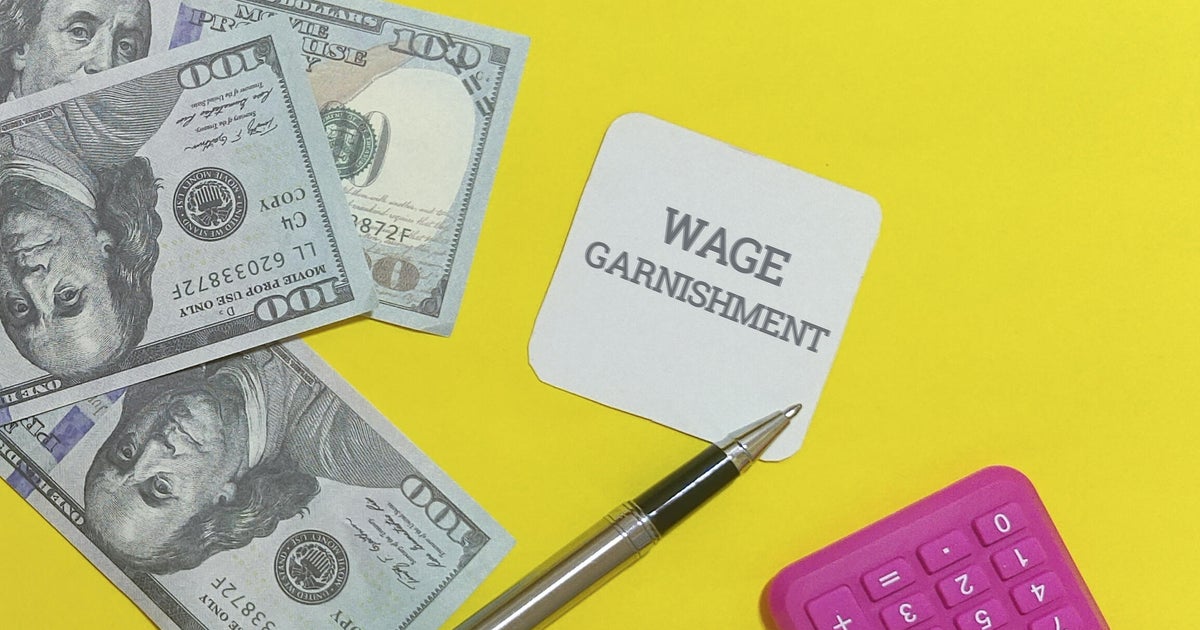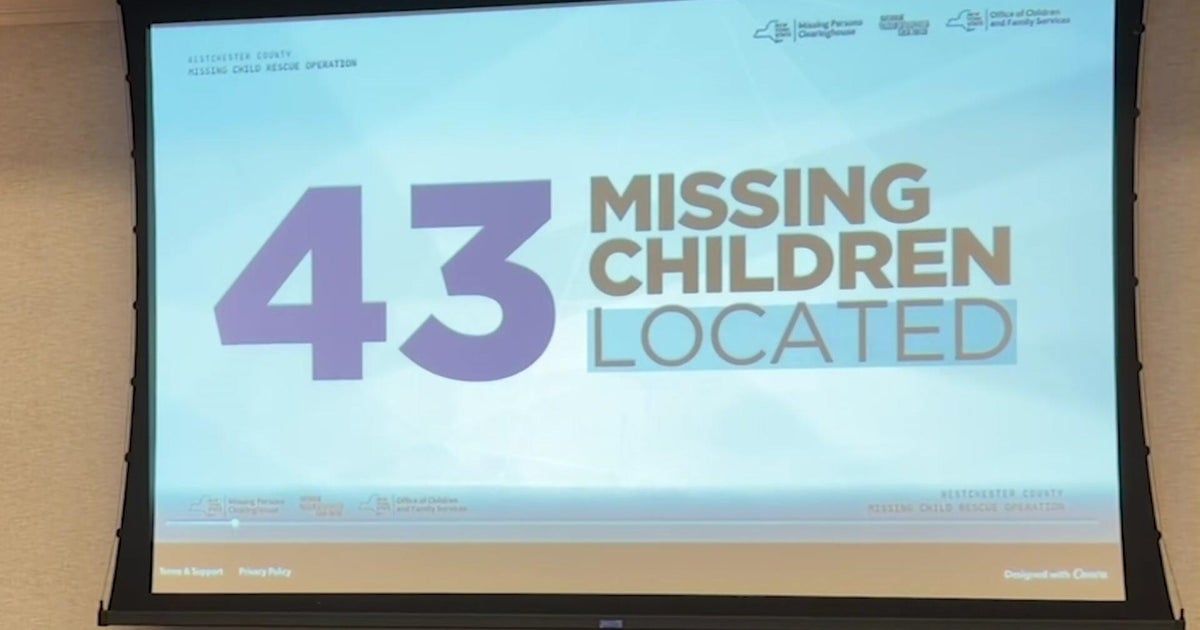Looking to buy life insurance? What to know first
Life insurance provides policyholders with peace of mind and beneficiaries with financial protection in the event of the death of the insured. In exchange for a monthly payment to a provider, the insured can rest easy knowing that their loved ones will be protected for years to come.
While the benefits of life insurance are significant and valuable, many American adults still don't have this protection in place. In fact, approximately 106 million adults either don't have life insurance or don't have enough coverage, according to a 2022 study completed by LIMRA and Life Happens.
The decision to find - and purchase - a life insurance policy can be a confusing one but it doesn't have to be once you understand some basic items.
If you're in the market for life insurance then consider speaking with a life insurance expert who can help guide you through the process. You can start today by getting a free quote.
What to know before buying life insurance
Here are three things to know as you embark on your life insurance search.
You may already have it
Many Americans already have life insurance via their employer. As part of a package that often includes medical, dental and vision benefits, many employers also provide a form of life insurance protection. So, the good news is that you may currently have life insurance.
The bad news is that the amount provided is unlikely to be around what most financial advisers would recommend you have. How much life insurance you need is subjective and tied to your personal financial situation and long-term goals. With that being said, a policy that's one to two times your annual salary is unlikely to be enough.
Accordingly, you'll want to supplement your employer-provided plan with one of your own. Speak with a life insurance agent today who can help increase your protection.
Different types have different benefits
There is no one-size-fits-all approach to purchasing life insurance. There is no one standard type of insurance policy, either. Do your research to find the most cost-effective and reliable option.
A term life insurance policy, for instance, can provide coverage for years (if not decades) at a reasonable cost. But there's no cash-out option and once the term ends the money you will have spent on the policy will be gone.
A whole life insurance policy, meanwhile, is generally more expensive. But it comes with a cash option that policyholders could potentially tap into to pay off debt or use for expenses (after the policy has had time to build up).
There are also versions of universal and variable life insurance policies that may be beneficial. So know what you want and then pick a plan that accomplishes your goals.
It will get more expensive if you wait to buy it
Once you've done your research on any employer-provided plans and figured out which policy type is best for you, it's time to sign up with a provider.
Just don't wait too long. That's because life insurance will only become more expensive as you age and become more cost-prohibitive to insure. Younger people, in particular, will benefit from getting a plan now instead of waiting until they're older and have medical issues.
So act now to lock in a low rate. You can use the table below to start researching providers.
The bottom line
Life insurance is a fundamental element of sound financial planning. But choosing the right amount and type is vital. Consider speaking with a life insurance expert who can get you started with a free quote so you know exactly what to expect with a policy.




